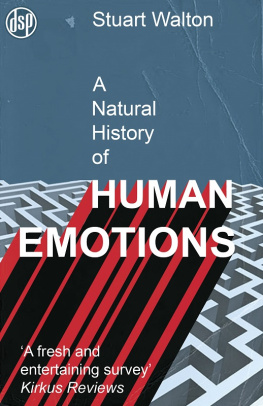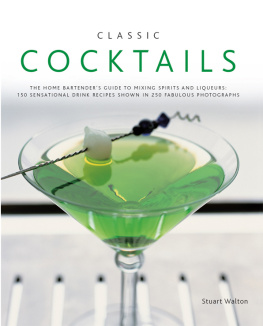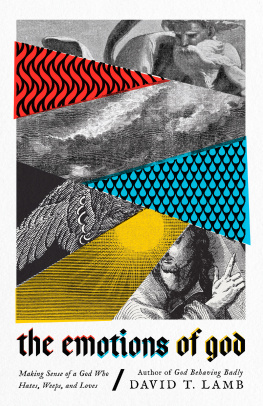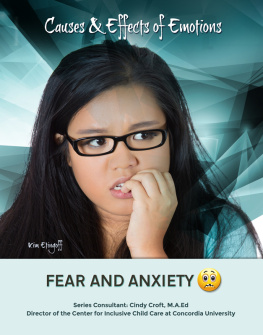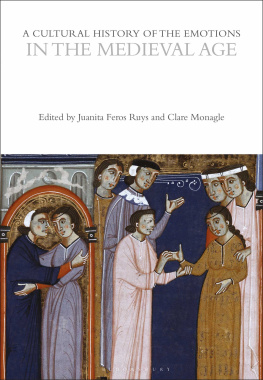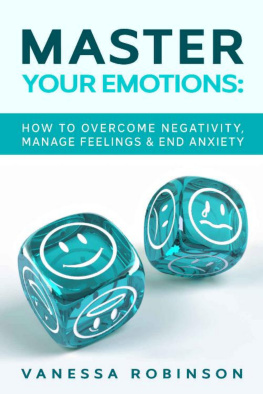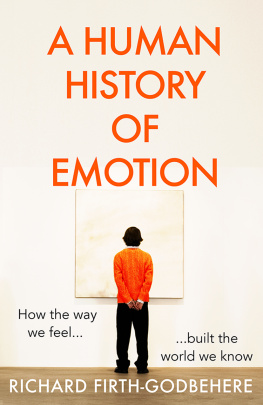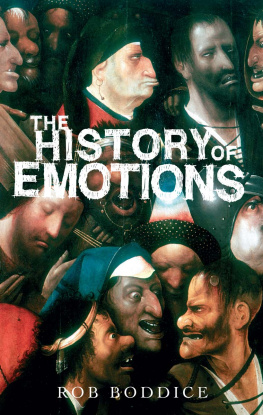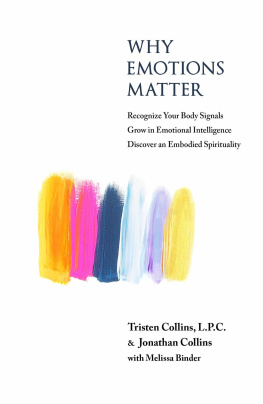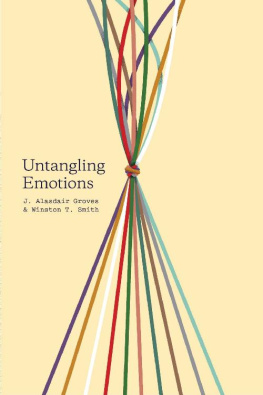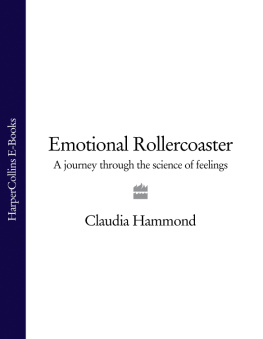FEAR
The thing in the world of which I am most afraid is fear.
Michel de Montaigne
I. In Old English: A peril..a. The emotion of pain or uneasiness caused by the sense of impending danger, or by the apprehension of evil. In early use applied to the more violent extremes of the emotion. Often personified. b. A state of alarm or dread.. The state of fearing (something); esp. a mingled feeling of dread and reverence towards God (or, formerly, any rightful authority).. Solicitude, anxiety for the safety of a person or thing.. In objective senses: a. Ground for alarm, b. Capability of inspiring fear. c. Something that is, or is to be, feared.
Darwins physical indicators: opening wide of the eyes and mouth; raising of the eyebrows; motionlessness; breathlessness; crouching/cringing; increased heart rate; pallor; cold perspiration; erection of the hair; accelerated breathing; malfunction of the salivary glands, leading to dry mouth; tremor; failure of the voice; dilation of the pupils; contraction of the platysma myoides (neck muscles).
ACKNOWLEDGEMENTS
I should like, first and foremost, to thank Rupert Heath at Dean Street Press for bringing my study of the emotions back into the public domain. The development of new fields of study such as emotional intelligence, and the pervasive extension of neuroscience into general cultural discussion, have only made many of the issues considered in this book more pertinent. While emotions themselves are a matter of public enactment and consumption as never before, few commentators appear to have noticed that they are as subject to historical development as are any other social custom, which does nothing to undermine the genetic universality that Darwin posited of them.
My thanks are due to Toby Mundy, the book's first editor, whose encouragement to me to broaden its remit resulted in a much more fully rounded final production than would otherwise have been the case. I must also thank Dr Michael Palmer, formerly head of the department of religion and philosophy at Manchester Grammar School, for setting me on the right track with regard to the structure of my argument in chapter , and Tim Winter for his diligent scrutiny of my efforts on Beethoven in chapter 11. Margaret Stead was a conscientious copy-editor of the original, and Antony Harwood the invaluable agent who saw the project through from an idea that entered my head as I dallied over a sinkful of washing-up to its final manifestation.
With the possible exception of disgust, the author experienced every emotion studied in this book over a period of five years with its dedicatee, often at levels of intensity of which he had not thought himself capable. Let that, more than the mere dedication of one of his major works, be due testament.
Stuart Walton
August 2015
INTRODUCTION
In April 1732, in London, a bankrupt bookbinder named Richard Smith decided enough was enough. His business had crashed to ruin amid a trail of unpaid invoices, leaving him with no prospect of relief. With a wife and child to support, his responsibility was not only to himself. After having apparently discussed the matter between themselves, the Smiths smothered their small daughter and hanged themselves, leaving behind a short letter to their landlord, containing an entreaty to make provision for the dog and cat whose lives they had spared, and money for a porter to make delivery of two further enclosed documents. One of these was to an associate, formally thanking him for his sustaining friendship, and expressing indignation at the opposite treatment Smith had received from another party. The second document had been signed jointly by husband and wife, and was the couples suicide note.
The Smiths provided a painstaking explanation of the reasons for their actions, in terms wholly free of rancour or accusation. Tobias Smollett, in whose panoramic History of England, written in the 1750s, this story is retailed, comments that the suicide letter was altogether surprising for the calm resolution, the good humour, and the propriety, with which it was written. In so ending their lives, the Smiths wrote, they were releasing themselves from a worse and otherwise unavoidable fate, that of poverty and rags. They prayed in witness their immediate neighbours, who would be able to attest to the conscientious efforts they had made to earn an honest living. As to the ghastly business of taking the life of an infant, they argued that, cruel as the act may seem, it constituted a far less callous recourse than leaving her alone and unprovided for in a life of ignorance and misery. And while they were aware, God-fearing as they were, that suicide was against the holy canon, they refused to believe that the Almighty God, in whom they still placed their utmost trust, would visit any needless suffering on his creatures. They expressed their confidence that they could entrust their souls to him for whatever arrangements he might make for them after their deaths. Smollett concludes by noting that, far from being a pair of reckless chancers, living on their criminal wits as so many in Georgian London did, the Smiths had always been industrious and frugal, invincibly honest, and remarkable for conjugal affection.
What remains startling across the centuries about this case, as Smollett noted only twenty-five years after its occurrence, is the near-wholesomeness of the act, which apparently emerged after a measured, fastidious process of rational assessment as the wisest thing to do. We ask ourselves what the tone of their note might be today, and imagine the accusations, the dramatisation, the sense that such an extravagant act could only fittingly be prefaced by a communique that shrieked its defiance in the face of later judgement. For the Smiths, though, there was a necessity to put matters into some sort of order, to write the explanatory conclusion to their story, thus lightening the professional responsibilities of whoever might happen in upon their bedchamber and find their two bodies, hanging at the fitting marital proximity of a mere yard apart, perhaps still slightly swinging, while their baby daughter lay lifeless in her cradle in another room. Theirs was a courteous suicide, a discreet one, which would neither leave investigators puzzled, nor necessarily agitate the neighbours, but that nonetheless marked an end to a trio of lives that had become untenable. It was like the quick dispatch one might afford a lame dog or hobbled horse, merciful in its brief precision, and settled in its confrontation with the one gigantic and incalculable risk it incurred that the Almighty, peering down in judgement, might not approve.
Smolletts airing of this tragedy caught the imagination of many foreign commentators, among them the French philosopher Denis Diderot, who saw in the clinical nature of the suicide a vivid emblem of the diseased emotional lives of the British. Only in their chilly, damp, phlegmatic habitat could such an extraordinary act take place. Suicide was indeed generally seen in this period as a particularly British preoccupation, so much so that in other countries it is objected to them as a national reproach. Inasmuch as the reasons that lay behind self-extermination were understood at all, it was held to be the spasmodic action of the unbalanced, the effect of lunacy proceeding from natural causes operating on the human body. And yet here was a case that began to challenge that assumption. Mindful of their manners during the first ascendancy of Georgian politesse, the Smiths had opted not for the public mess of flinging themselves off a bridge, but for a private act committed within their own four walls, screened off from society, and hedged about with the decorum of a letter of explanation and apology, as though they were the proprietors of an inn who had inadvertently overbooked their rooms, and were now having to disappoint an intended guest. Tempted though we may be to acquiesce in what the case seems to say about our national characteristics of reticence and politeness, the Smiths avoidance of emotional display is less of a British idiom than an eighteenth-century one. The life of the emotions was simply not a public affair. There was a time and a place for despair, if it must impinge upon ones life, and that was outside business hours, indoors.

